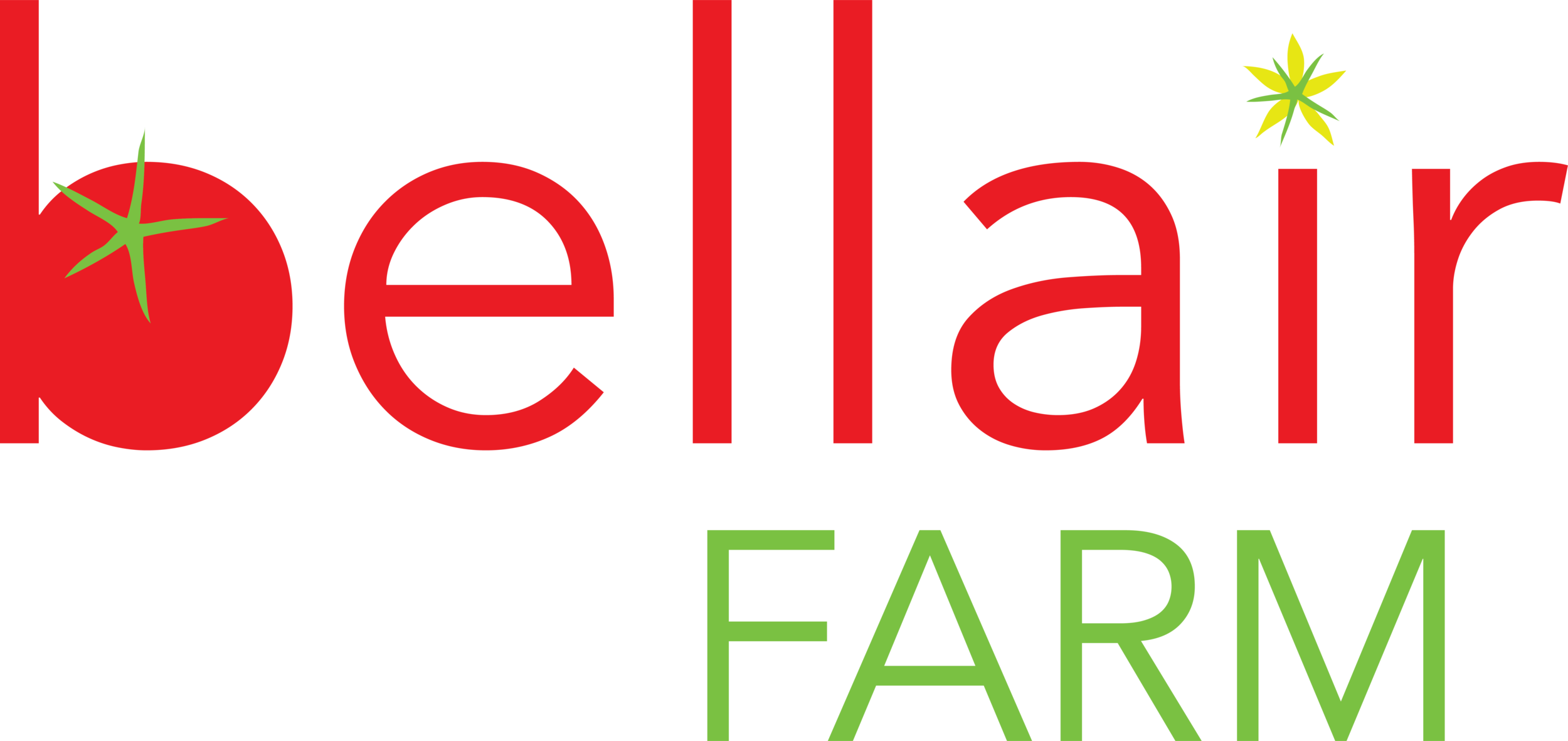Small Beans and Grains as a Missing Link in the Local Food Economy
When you go to the farmer's market, you might buy carrots, beef shanks, a whole chicken, some salad mix, some mushrooms, a specialty tea, some apples: all local agricultural products.
But why don't we see more small beans and grains at the market? Well, a lot of reasons. The primary one is that all vegetables are considered "specialty" crops whereas beans and grains are commodities through and through. In all but the most automated systems, many human hands are needed on a veggie farm, while even the smallest grain operations are mostly mechanical harvest. It is hard to invest in equipment if you're not sure you can get the price you need for your product. While there's nothing stopping a bean farmer from diverting some of her crop to direct-to-consumer, it is hard to create new channels in our agricultural economy.
Luckily, as awareness around local food continues to grow and as the privileged among us move to more and more of a "full-plate locavore" lifestyle, there is growing demand for these products.
Leading the charge in this area is the Common Grain Alliance, a group of farmers, millers, and bakers in the mid-Atlantic region. All our grain farmer-baker-miller partners are members of this alliance! Last year, CGA is leading a campaign to save Deep Roots Milling, which operates out of the historic Woodson's Mill in Nelson County. This mill is the last commercially active water-powered mill in the state and after well over 100 years of safe operation, the Virginia Department of Agriculture was about to shut this operation down over a building compliance issue. Luckily, CGA petitioned VDACS with hundreds of signatures and they allowed the mill to re-open.
Another great grain project I wanted to highlight is the work of Jubilee Justice, an organization that works to provide capital and legal services in Black farming communities. One of their main projects is SRI, the system of rice intensification. SRI rice is a dry-farmed no-till method of growing rice that takes less inputs and can increase yields. Bellair's sister farm, Inglewood Farm in Alexandria, Louisiana, is one of the primary sites for this project!

